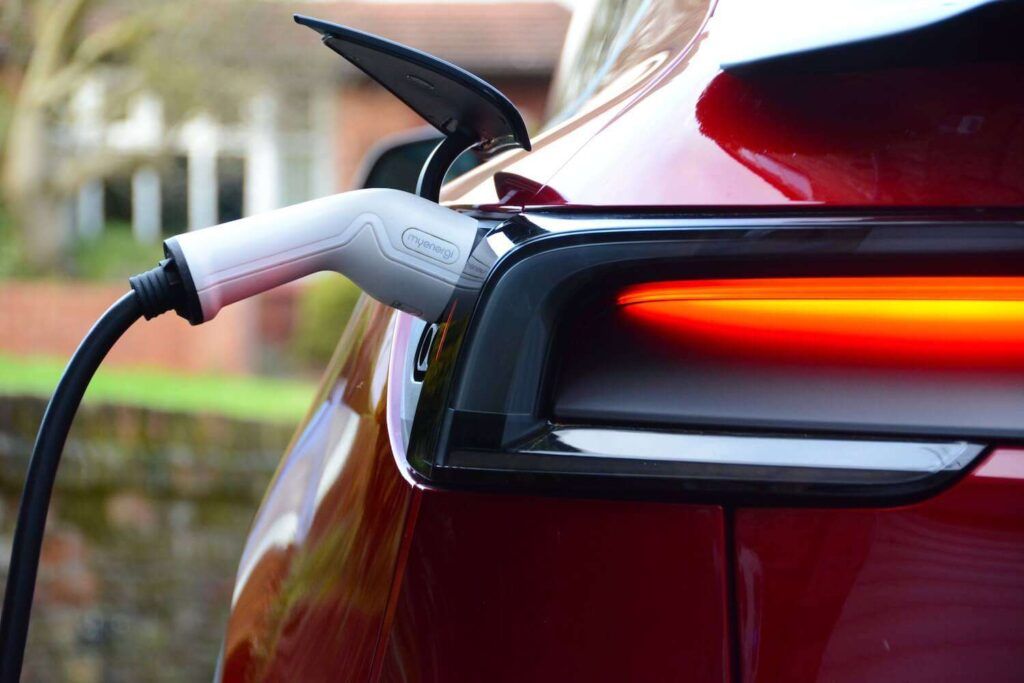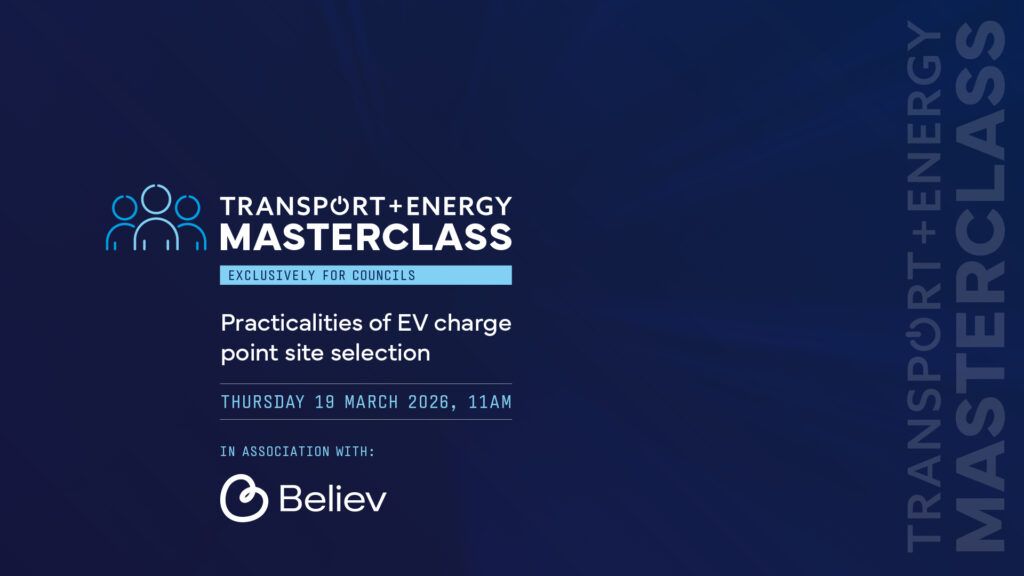The Managing Director of one of the UK’s largest road surface treatment solution suppliers and installers, Asphalt Group, says electric vehicles (EVs) are NOT to blame for potholes.
Stephen Cooke wants to move the current blame narrative away from EVs and instead focus on building the roads of the future for all transport; roads that last longer, are more affordable and have a lower environmental impact.
Earlier this year motoring organisations The AA, RAC and FairCharge hit back at claims that the weight of electric vehicles were responsible for a decline in the quality of roads.
According to the latest Annual Local Authority Road Maintenance (ALARM) survey report by the Asphalt Industry Alliance more than half of the local road network in England and Wales is reported to have less than 15 years’ structural life left with the amount needed to fix the backlog of carriageway repairs increasing to a record high of £16.3 billion.
Following the publication of the report some national media outlets put the blame for the deteriorating road network on heavier electric vehicles and larger cars which they said are helping push Britain’s crumbling roads to ‘breaking point’. This is despite the ALARM survey not even mentioning electric vehicles at all.
Stephen Cooke (main picture) said:
“Let’s be crystal clear, EVs are not the cause of the current state of the UK’s roads. The real reason is a lack of investment in the solutions of the future, and a lack of awareness of what’s available. Traditional ‘sticky plaster’ pothole solutions are simply unacceptable, we need to be thinking bigger picture. Prevent, reinforce and spray treatment is the way forward – not just filler and hope. Asphalt Group has the solutions and wants to talk to government directly to offer a societal win, that saves huge amounts of tax-payers money.”
Asphalt Group have solutions that will reinforce the asphalt and make roads last longer, reducing costs and improving efficiencies. The process can preserve the same asset [road surface] to extend its life for a further eight years. Asset management is all about extending the life of the asset, not having to continue to fill in potholes, with substandard solutions, every other week. Prevention should always be before cure, in Cooke’s opinion.
Bill Esterson, Shadow Road and Transport Minister, commented:
“There are 100 times as many potholes as there are craters on the moon. Rather than looking for conspiracy theories and scapegoats, we need a plan to fix the roads. That means replacing the sticking plasters and gimmicks with a sustainable approach and long-term resurfacing and prevention in their place. The UK has a £16.3 billion backlog of repairs, this is simply unacceptable.”
Quentin Willson, Founder of FairCharge, said:
“Blaming EVs for potholes is laughable since they’re only around 3% of all vehicles on UK roads. I’m pleased that road repair experts, Asphalt Group, and the Shadow Minister for Roads, Bill Esterson, have joined FairCharge’s calls for facts and accuracy in the exaggerated media reports linking the weight of EV batteries to road damage. Instead, we should focus on how to create long term solutions for fixing the worst levels of potholes that the asphalt industry has seen for 29 years. This country’s economic productivity depends on safe, well-surfaced roads.”

Images courtesy of Asphalt Group.












